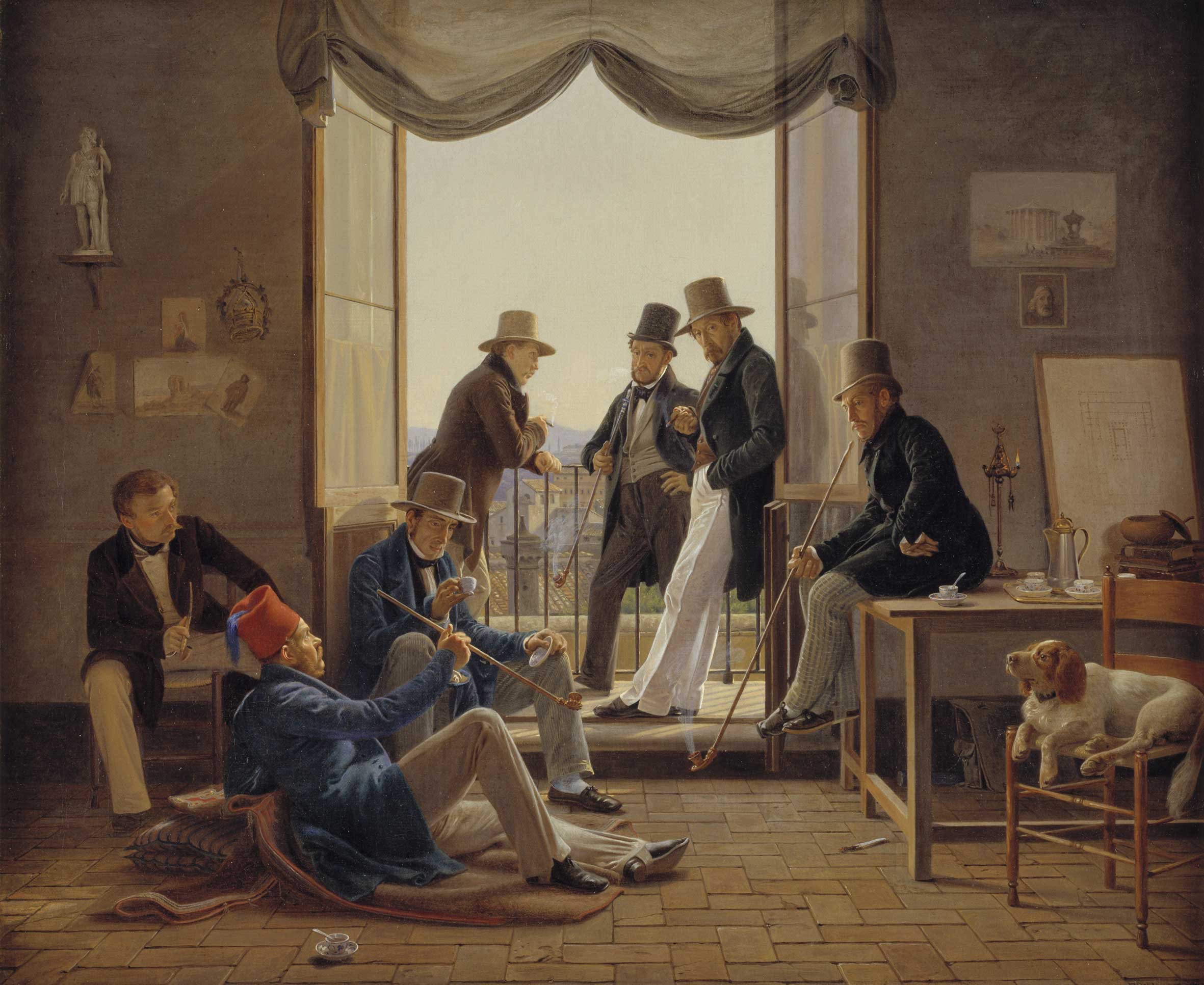Virtual reality (VR) is no longer just a futuristic concept or a novelty for hardcore gamers. It has become a game-changer for the entertainment industry and our daily lives. From virtual concerts and immersive theme park experiences to virtual meetings and therapy sessions, VR technology has opened up endless possibilities for us to explore and engage with the world in new and exciting ways.
The Rise of VR in Entertainment:
The use of VR in entertainment has been steadily increasing over the past decade, but it wasn’t until recently that it truly took off. The global VR market is projected to reach a value of $45.09 billion by 2027, with the gaming sector being the major contributor to this growth. Game developers and publishers are capitalizing on the immersive and interactive nature of VR to create unique and engaging experiences for players.
One of the most popular VR games is Beat Saber, a rhythm game where players use virtual swords to slice through beats flying towards them in a futuristic landscape. The game has sold over 10 million copies and has won multiple awards, including the BAFTA Games Award for Best Innovation. Its success has not only brought attention to the potential of VR in the gaming industry but has also led to an increase in the development of VR games across different genres.
But VR is not just limited to gaming. It has also made its way into the film industry, with the release of virtual reality movies. These highly immersive experiences allow viewers to feel like they are part of the action, rather than just passively watching it. For instance, The Lion King VR Experience transports viewers to the African savannah, where they can experience the iconic “Circle of Life” sequence in a whole new way. This merging of film and VR technology has opened up new possibilities for storytelling and has the potential to revolutionize the film industry.
Virtual Reality in Theme Parks:
Theme parks are no stranger to using technology to enhance visitor experiences, and VR has become an integral part of this enhancement. Parks like Six Flags and Universal Studios have incorporated VR technology into their rides to create immersive and thrilling experiences for visitors. For example, the Galactica ride at Alton Towers in the UK is a rollercoaster where riders wear VR headsets to feel like they are soaring through outer space while experiencing real-life g-forces.
In addition to the rides, VR has also been used to create virtual reality experiences within theme parks. One such example is The VOID, which combines VR technology with physical sets and props to create multi-sensory experiences. Guests can choose from various VR adventures, such as Ghostbusters: Dimension and Star Wars: Secrets of the Empire. These experiences allow visitors to fully immerse themselves in the world of their favorite movies and become the heroes of their own adventure.
VR in Everyday Life:
Beyond entertainment, VR technology has also made its way into our daily lives, revolutionizing the way we work, communicate, and even seek therapy. With remote work becoming the new norm, VR technology has been instrumental in bridging the gap between physical and virtual workspaces. Platforms like Spatial and Immersed allow teams to collaborate in a virtual office, making it possible for colleagues to meet, share and work on projects together in a cohesive virtual environment.
VR has also become a game-changer in the healthcare industry, providing innovative solutions for mental health treatments. Virtual reality exposure therapy has proven to be an effective tool for treating anxiety disorders, phobias, and PTSD. Patients can be gradually exposed to their fears in a safe and controlled virtual environment, making the therapy more accessible, convenient, and less intimidating.
The Future of VR:
As VR technology continues to evolve, the possibilities seem endless. With the introduction of standalone VR headsets, which do not require a computer or smartphone to operate, the barrier to entry for VR experiences has been significantly reduced. This has made it more accessible to a larger audience and has the potential to push its usage beyond gaming and entertainment.
For instance, the use of VR in education is gaining momentum. It allows students to explore and learn about different subjects in an immersive way, making the learning process more engaging and effective. In the field of architecture and real estate, VR technology is being used to create virtual spaces and give clients a more realistic feel of the final product before construction even begins.
Another exciting potential use of VR is in the travel industry. With the rise of virtual tourism, people can now visit destinations and experience different cultures without leaving the comfort of their homes. This technology could also be used to offer virtual tours of hotels and vacation rentals, giving travelers an immersive preview of their accommodation options before booking.
With the continuous advancements in VR technology, it is safe to say that the future looks bright for this game-changing technology. From enhancing entertainment experiences to improving our daily lives, VR has the potential to transform the way we interact with the world. As more industries and individuals embrace VR, the possibilities for innovation and growth are endless.




